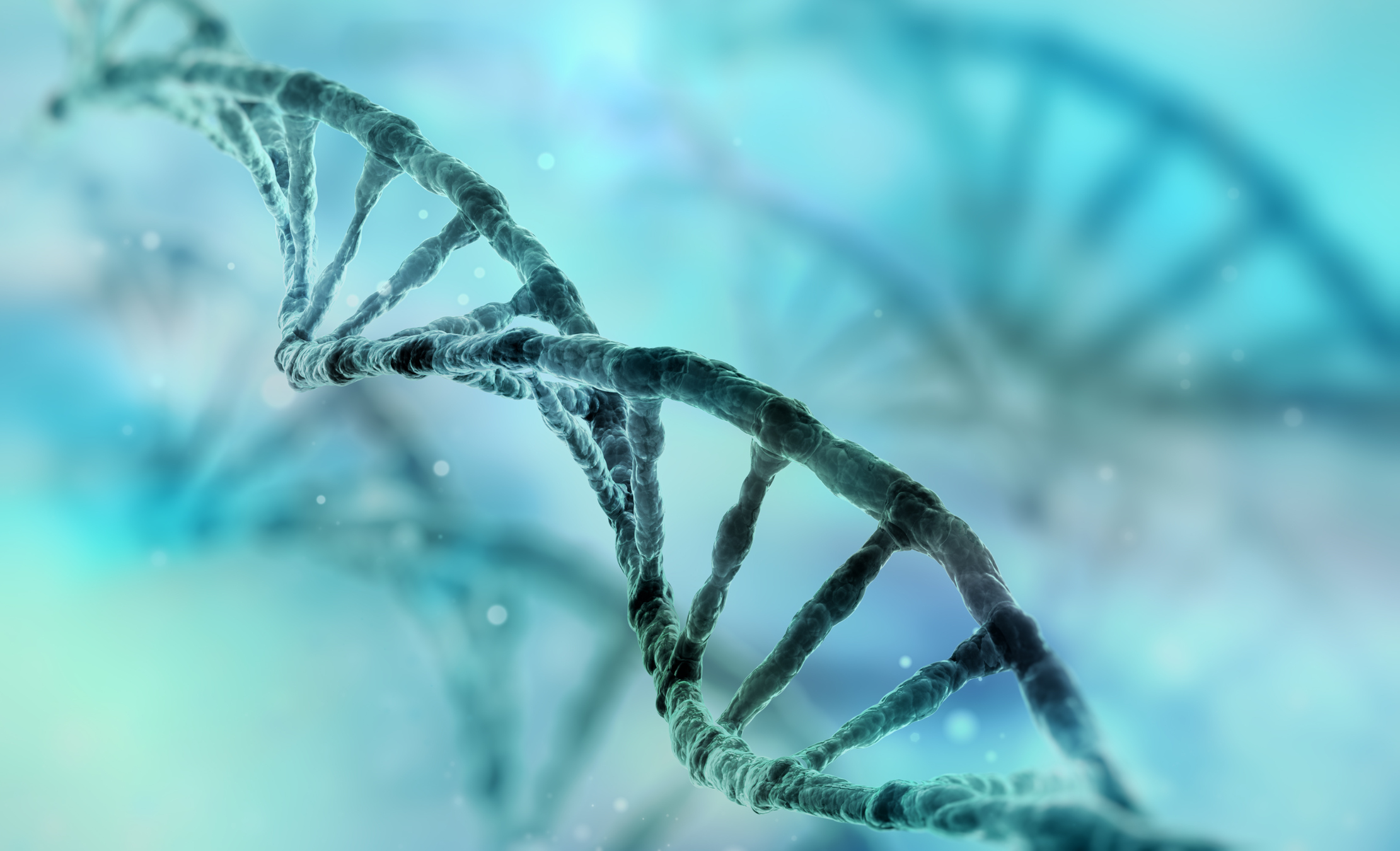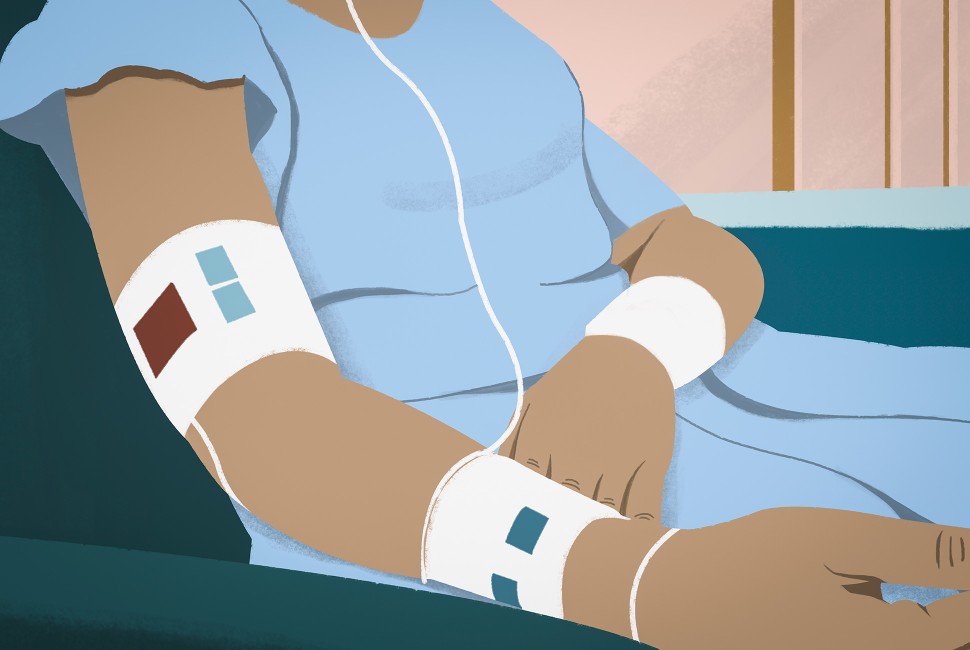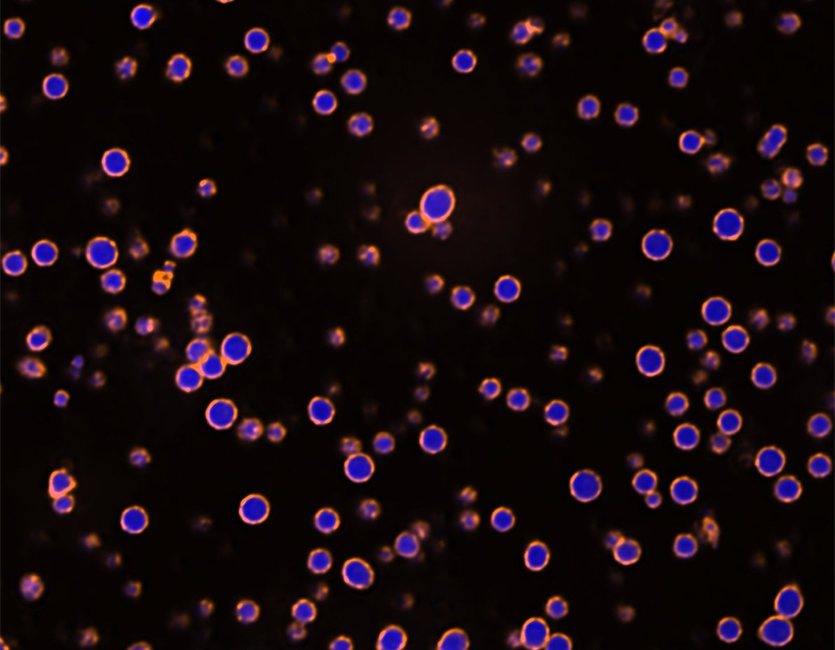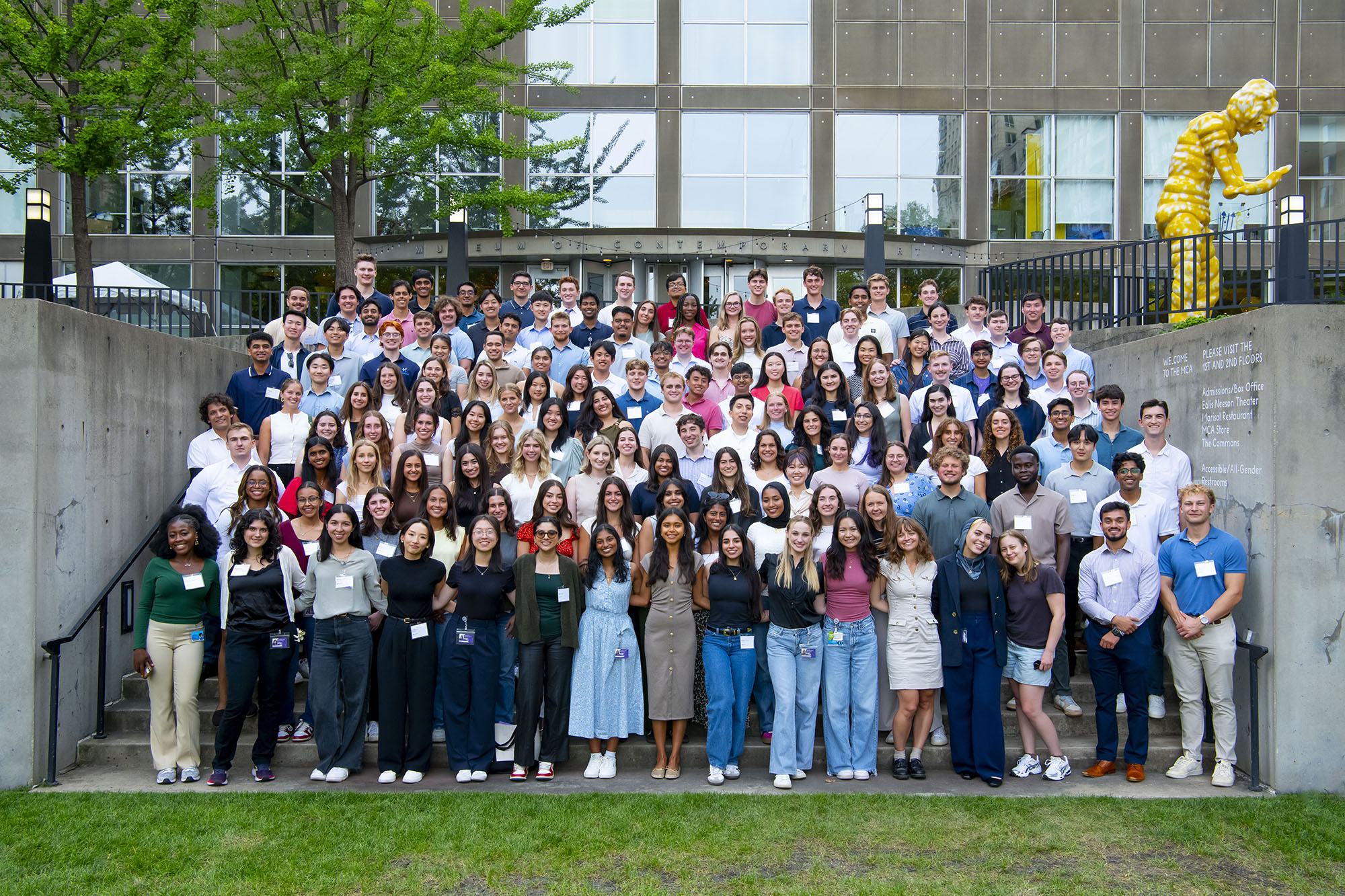Media Coverage
The work done by Northwestern University Feinberg School of Medicine faculty members (and even some students) is regularly highlighted in newspapers, online media outlets and more. Below you’ll find links to articles and videos of Feinberg in the news.
-
U.S. News & World Report
–
New Cholesterol Guidelines Focus on Personalized Approach
Starting cholesterol tracking as early as possible is important because many people have no idea about their levels, said Dr. Neil Stone, a professor of cardiology with Northwestern University’s Feinberg School of Medicine. “I run a lipid [cholesterol] clinic, and I constantly see people in their 20s and 30s who’ve never had a cholesterol test and their LDLs are 200 or higher,” said Stone, who co-chaired the guideline writing committee. “We simply didn’t know their family histories.”
-
Crain’s Chicago Business
–
Here’s a hospital that defies the odds
It now has partnerships with the University of Illinois Hospital and Health Sciences System, the University of Chicago and, most recently, Northwestern Medicine. In February, St. Anthony announced it would offer telestroke services in its emergency department with neurologists from Northwestern Memorial Hospital available 24/7. Medaglia said he likes partnerships because they allow St. Anthony to remain independent but still gain additional services for its community. It wasn’t always easy to find compatible partners. Without naming the provider, Medaglia said St. Anthony’s first partner turned away patients referred to it who were on Medicaid or undocumented. About 40% of St. Anthony’s patient population is on Medicaid.
-
Crain’s Chicago Business
–
Northwestern Memorial opens comprehensive headache center
In the two months since Northwestern’s center opened, it has seen 14 patients in need of pain-relieving IV infusion therapy for severe migraines. Previously, patients would have needed to visit another comprehensive headache center, select urgent care facility or emergency room for that treatment, said Dr. Katherine S. Carroll, medical director of Northwestern Medicine Comprehensive Headache Center.
-
Associated Press
–
Heart meeting features fish oil, vitamin D, cholesterol news
“It will never be as simple as a single cholesterol number,” because that doesn’t give a clear picture of risk, said one guideline panel member, Dr. Donald Lloyd-Jones of Northwestern University.
If treatment is needed, the first choice remains a statin such as Lipitor or Crestor, which are sold as generics for a dime a day. For people at high risk, such as those who have already had a heart attack, the guidelines suggest adding Zetia, which is also sold as an inexpensive generic, if the statin didn’t lower cholesterol enough.
-
The New York Times
–
Heart Meeting Features Fish Oil, Vitamin D, Cholesterol News
“It will never be as simple as a single cholesterol number,” because that doesn’t give a clear picture of risk, said one guideline panel member, Dr. Donald Lloyd-Jones of Northwestern University. If treatment is needed, the first choice remains a statin such as Lipitor or Crestor, which are sold as generics for a dime a day. For people at high risk, such as those who have already had a heart attack, the guidelines suggest adding Zetia, which is also sold as an inexpensive generic, if the statin didn’t lower cholesterol enough.
-
The Wall Street Journal
–
New Guidelines for Treating High Cholesterol Take a Personal Approach
“Risk is more of a process than a calculation,” said Donald Lloyd-Jones, chair of the department of preventive medicine at Northwestern University and a member of the panel that wrote the guidelines. “We can help personalize the decision.” Nearly one in every three American adults has high levels of LDL, the AHA says, which contributes to buildup of fatty plaque and narrowing of the arteries. Research shows that people with LDL of 100 or lower have lower rates of heart disease and stroke, according to the AHA.
-
Los Angeles Times
–
With better drugs for high cholesterol, doctors become more ambitious with their treatment goals
In patients whose risk for having a heart attack or stroke in the coming decade puts them on the bubble for starting medication, a coronary artery scan can serve as a “tiebreaker,” said Dr. Neil J. Stone of Northwestern University’s Feinberg School of Medicine, who helped draft the new guidelines. Stone, who also worked on the 2013 recommendations, touted the new guidelines’ focus on “shared decision-making” between patients and their doctors, in which they jointly consider the pros and cons of cholesterol-lowering treatments.
-
HealthDay
–
AHA: Traumatic Childhood Could Increase Heart Disease Risk in Adulthood
Children who grow up in distressing or traumatic environments are more likely to have a heart attack or stroke by the time they reach middle age, according to a new study. While previous research has found links between adverse childhood experiences and cardiovascular disease risk factors in adulthood, the new study explored whether exposure to those difficult conditions led to actual heart-related events. “What we found was that people who are exposed to the highest levels of childhood family environment adversity are at significantly increased risk for heart disease like heart attack and stroke,” said Jacob Pierce, the study’s lead author and a medical student who is studying for a master’s degree in public health at Northwestern University in Illinois.
-
Crain’s Chicago Business
–
The ‘Koosh ball’ that can cure
His product is a “spherical nucleic acid,” or “SNA construct” for short. It’s a configuration of DNA arranged around a nanoparticle, which the 37-year-old CEO says “looks like a Koosh ball.” This unique 3D design has the ability to infiltrate a sick cell to correct the genes inside and make it healthy—or kill it. Giljohann discovered the phenomenon in 2006 with his Northwestern University graduate school classmates in the lab of Chad Mirkin, an industry leader in science and entrepreneurship who is also a co-founder of Exicure. “It’s a major, major discovery,” says Mirkin. “One that will really change the course of pharmaceutical development.”
-
Chicago Tribune
–
Illinois hospitals improve in patient safety, though two get F’s in new report
“We’re really excited that Illinois is moving up the ranks and we’re taking this seriously,” said Cheryl Larson, president and CEO of the Midwest Business Group on Health, which works with Leapfrog in Illinois each year.
At least six Illinois hospitals earned A’s for the last five years in a row: University of Chicago Medical Center in Chicago; Rush Copley Medical Center in Aurora; Northwestern Medicine Central DuPage Hospital in Winfield; Elmhurst Hospital; OSF St. Joseph Medical Center in Bloomington; and OSF St. Mary Medical Center in Galesburg.






